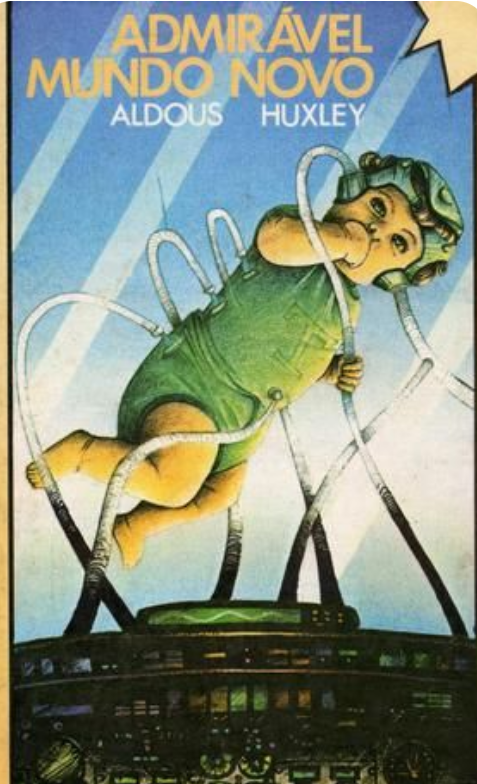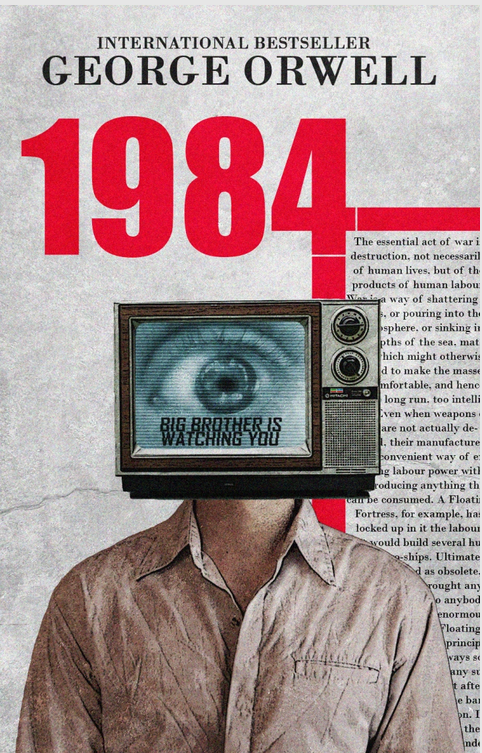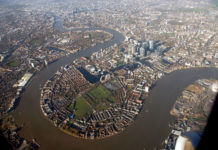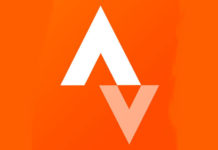One of our writers Shahab explains his experience of trying to escape with the two dystopian Sci Fi classics Brave New World and 1984
One way I like to relax is with a good bit of classic literature, mainly Sci Fi, I like to read these books and imagine a different world, where the events of the books are happening in my own life. I like to envision how much worse it could be and how people would handle these events. Well the two books Brave New World and 1984 felt a bit too real. I used these books as a means of escape from our time, but they began to read as prophecies.
In 1984, citizens are constantly under surveillance. What they think is controlled, what they say is controlled, and the information they consume is heavily controlled. Many of these things are true today. For surveillance we have the algorithms of social media and Youtube that will absolutely bombard you with content related to that one click. For our thoughts being controlled, we know that there are certain opinions about the world we are not allowed to have with outrage culture stomping down on them.
However, the vision that rings truest is that of information control. It’s everywhere, from school curriculums, deciding what we must learn, to the mainstream news, deciding what’s newsworthy. For example, English and History curriculums disallow a student interested in the history of ancient Japan. My school decides WW2 is essential. I could be interested in Castro and the Cuban Revolution. My school decides for me that I must study WW1. The most important things to ever happen in the world were the world wars – and apparently nothing else is significant. I didn’t learn properly about the atrocities of the British Empire until I left school, I didn’t know about King Leopold, I didn’t know what capitalism was, and the only thing I knew about Malcolm X was his name!
Then there’s the news. I think I will keep this short and sweet: it would seem in the last 18 months the only thing that has happened in the world is the Coronavirus!
So, while Orwell’s vision has not been made real with the extremes of the book, it’s far from being inaccurate.
Then we have Huxley’s Brave New World. This is a world where like 1984 people are controlled. But this control is through pleasure – not through fear and terror. Infidelity is not looked down upon but rather encouraged, with the mantra “everyone belongs to everyone” (which raises the question of if infidelity is even a thing) there are constant orgies and young children are ran through a series of tests to become desensitized to sexual matters by age 7.
Then we have Soma, a pill used to numb feelings and make people happy, to take them on holidays in their head, and help them run from discomfort. Or as I like to call it, “modern technology”. It would be ignorant of me to say “technology bad books and nature good” – technology is a very good thing, rather I should say how we use it and the reasons we use it are akin to the reasons people use the Soma pill, to numb with constant pleasure an d stimulation.
As for becoming desensitized to sexual matters, well sex is everywhere now but the best (rather the worst) thing that immediately springs to mind is this report where 6 year old students were made to write love letters to the same sex to “encourage diversity”. Now I can’t say whether this teachers’ intentions were bad or even what that means in this context what I do know is that these kids don’t need to be thinking about gay love letters and love letters period, they don’t even know much about themselves or other people or the world there is no point filling their heads with confusing ideas about sexuality. Let kids be kids.
We see how parts of both authors visions of the world came through in certain aspects, 1984 is more prevalent in places like North Korea it would seem and Brave New World more prevalent in the West. In my opinion we see more of Brave new World across the… world and that’s the dystopia we are closest to, living in or are living in depending on how pessimistic you are.
So why should you read these books? Well first and foremost they are fantastic so if you want to be entertained read them! But I digress let me give some reasons to people who don’t usually enjoy this type of book. You are living in these books in some form or another as I demonstrated above, and if you want to think critically about the state of the world and of politics, if you want to see society and the world in different ways, if you want to be more cautious and skeptic something which is needed, (note that this is not the same as cynicism this just means more questioning and weary of the way of the world and how it works which I think is healthy.) If you want to broaden your critical thinking. For all these reasons buy these books.
Now to the burning question, what do we do about these issues that these authors foresaw and that have come to fruition before us? To that I say if I knew the answer I’d probably be disposed of by now.








